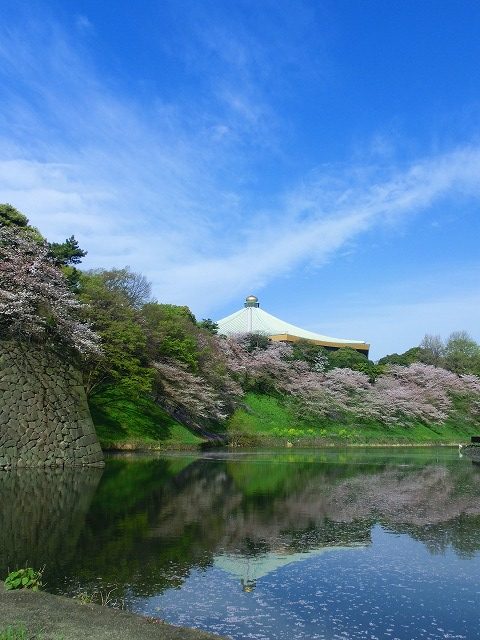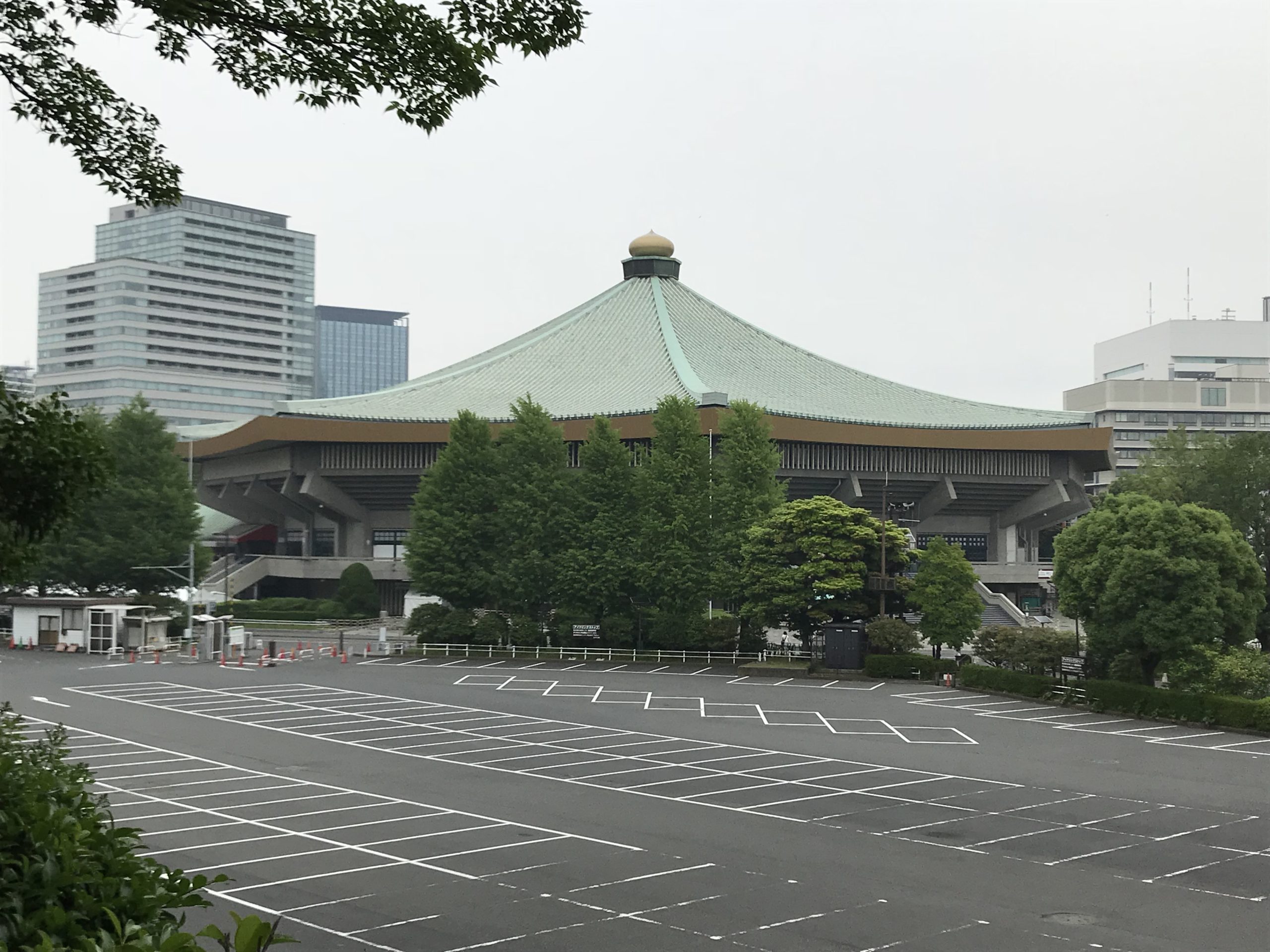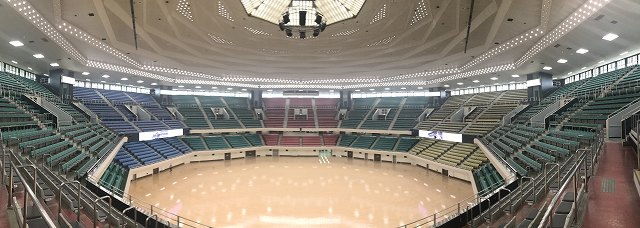drugs online
registration
-
- Designed by Mamoru YAMADA
- Construction by Takenaka Corporation
- "Nippon Budokan" (1964,Tokyo), designed by Mamoru YAMADA in his final years, has a different feel from his other work. In fact, it received particularly bad reviews within architectural academism at the time. It resembled the classical architecture of "Horyuji-Yumedono,"(748, Nara) a design on banknotes at the time, and so it was treated as a replica of a straightforward classical style and labeled as being against the style of the modern movement. Certainly, having a sloped roof with octagonal flat panels hung on a steel frame and the "giboshi" [ornamental railing top] atop it are reminiscent of classic Japanese architecture; moreover the eaves and vertical"lattice" attached to the horizontally running windows and "kumikoran" railings portray dominant Japanese motifs. It is almost certain that Yamada was aiming for "Japaneseness" for Japan's Judo venue at the Olympics. During the same period, Kyoto Tower became an issue due to controversy over the landscape of the ancient city, and due to these two controversies Yamada came to be assailed on all sides. He fell ill and died two years later in 1966, amidst this headwind. Yamada himself believed that these buildings would come to be accepted by future generations. Today, the Nippon Budokan is used not only for martial arts tournaments, but also for national events, university entrance ceremonies, and graduation ceremonies. In particular, it has maintained a high rate of usage for concerts since 1966 when the Beatles visited Japan and held a concert thereit is widely familiar with the public. It is said that young musicians first aim for their "Nippon Budokan performance." In particular, the "roof that imitates Mt. Fuji" that is symbolic of the Nippon Budokan and its "giboshi" atop it are familiar from the lyrics of the popular song "Tamanegi." There is no doubt that Yamada's free molded expression is tied to the value of this building.
- 1964
- Tokyo



